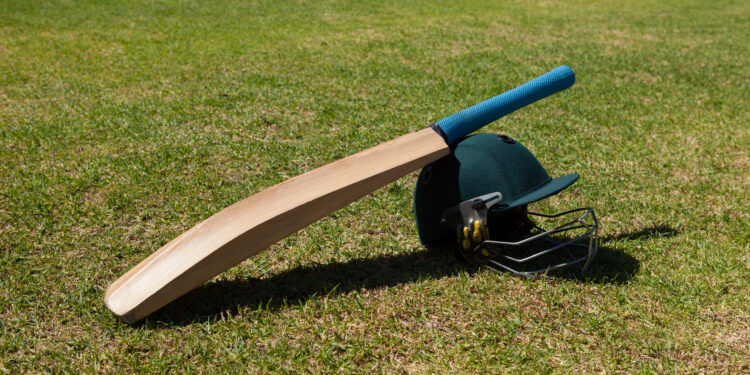Two trailblazers of Indian origin who redefined women’s cricket led on the field, and continue to shape the game as commentators.
Lisa Sthalekar and Isa Guha are two distinguished cricketers of Indian origin who have made significant contributions to international women’s cricket and continue to influence the sport as commentators.
Lisa Sthalekar: From Pune to Australian Cricket Captain
Lisa Carprini Sthalekar was born on August 13, 1979, in Pune, India. At a young age, she was adopted by Haren and Sue Sthalekar, who brought her to Australia. Growing up in Sydney, Lisa developed a passion for cricket, a sport she was introduced to by her adoptive father. Her talent became evident early on, leading her to represent New South Wales in domestic cricket.
A right-handed all-rounder known for her off-spin bowling, Sthalekar made her debut in the Women’s National Cricket League (WNCL) in the late 1997–98 season. She earned her first cap for the Australian national team in 2001, playing as a bowler in a One Day International (ODI) against England. Her Test debut came in early 2003 against England, where she scored an unbeaten 120, marking her maiden century. Throughout her career, she was instrumental in Australia’s successes, including their 2005 World Cup triumph in South Africa, where she scored 55 runs against India in the final.
Sthalekar’s statistics underscore her prowess:
- Tests: 8 matches, 416 runs, 23 wickets.
- ODIs: 125 matches, 2,728 runs, 146 wickets.
- T20Is: 54 matches, 769 runs, 60 wickets.
Notably, she became the first woman to achieve the double of 1,000 runs and 100 wickets in ODIs. Upon the introduction of the ICC rankings, she was rated as the world’s leading all-rounder. After captaining Australia and participating in four World Cups, Sthalekar retired from international cricket in 2013, following Australia’s World Cup victory.
Post-retirement, Sthalekar transitioned into commentary, becoming one of the leading female voices in cricket. She has covered Tests, ODIs, and T20 leagues, including the Indian Premier League (IPL) and the Big Bash League (BBL). Additionally, she became the first female board member of the Australian Cricketers’ Association and co-founded the Women’s International Cricket League, aiming to create more opportunities for female cricketers globally.
Isa Guha: Pioneering for England
Isa Tara Guha was born on May 21, 1985, in High Wycombe, Buckinghamshire, England, to Indian parents who had emigrated from Calcutta (now Kolkata) in the 1970s. She began playing cricket with her older brother at the age of eight and was selected for the Development England side by 13.
A right-arm medium-fast bowler and right-handed batter, Guha made her international debut in 2001 at 16 during the Women’s European Championship. She became the first woman of South Asian heritage to represent England in any sport. Her Test debut came in 2002 against India, and she was a key player in England’s 2005 Ashes victory, their first in 42 years.
Guha’s career highlights include:
- Tests: 8 matches, 29 wickets with a best of 5/40.
- ODIs: 83 matches, 101 wickets with a best of 5/14.
- T20Is: 22 matches, 18 wickets.
In 2008, she achieved the number-one ranking in the ICC Women’s ODI bowling rankings. She was part of the England team that won the 2009 World Cup and the 2009 T20 World Cup. Guha retired from international cricket in 2012, continuing to play county cricket for Berkshire.
Transitioning to media, Guha became a prominent cricket commentator and presenter. She has worked with major broadcasters, including ITV, Sky Sports, and the BBC. In 2020, she became the lead presenter for the BBC’s cricket coverage, bringing live cricket back to terrestrial television after 21 years. Beyond cricket, Guha has expanded her repertoire, joining the BBC’s tennis presenting team for Wimbledon in 2023 and covering the Paris Olympics in 2024.
Continued Impact and Legacy
Both Sthalekar and Guha have significantly influenced women’s cricket, not only through their on-field performances but also by breaking barriers in sports media. Their journeys from players to commentators have inspired many, highlighting the evolving role of women in cricket and sports broadcasting.
Their stories exemplify the global nature of cricket and the profound impact individuals can have in promoting diversity and inclusion within the sport.











